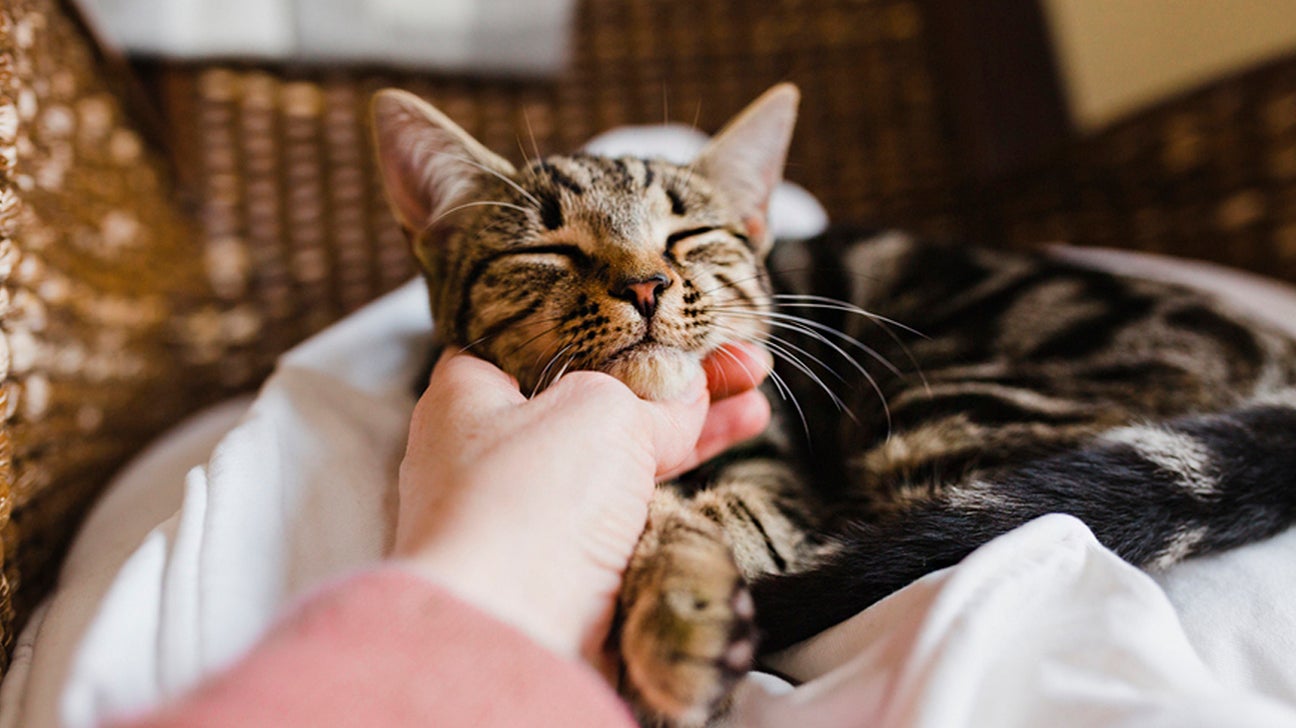There’s a common question among prospective pet owners: is it safe to live with cats? Understanding the dynamics of cohabiting with felines is important for your health and well-being. While cats can bring joy and companionship, it’s important to consider factors such as allergies, behavioral issues, and proper care to ensure a harmonious relationship. In this post, we’ll explore the various aspects of cat ownership, providing you with the knowledge to make an informed decision about sharing your home with these furry friends.
Key Takeaways:
- Health Risks: Certain health issues like allergies or respiratory conditions may arise from living with cats, but these vary widely among individuals.
- Hygiene Practices: Regular litter box maintenance and grooming can significantly reduce the risk of diseases and ensure a clean living environment.
- Behavioral Considerations: Understanding cat behavior and providing a stimulating environment can lead to a safer and happier living situation for both cats and humans.
Health Benefits of Living with Cats

For many people, sharing their home with a cat can be a source of profound joy and comfort. Not only do cats provide companionship, but they also contribute positively to your overall health. It’s important to Keep Cats Safe Indoors to ensure they remain healthy and happy, which can, in turn, enhance your well-being.
Emotional Well-being
On a personal level, living with a cat can greatly improve your emotional state. The simple act of petting a cat can increase levels of serotonin and dopamine, which can alleviate feelings of anxiety and depression. Their playful antics and soft purrs create a calming atmosphere in your home, fostering a sense of comfort and security.
Physical Health Perks
For many cat owners, the physical health benefits of having a feline friend are often overlooked. Studies have shown that owning a cat can lower your risk of heart attack and stroke. The presence of a cat can help reduce stress and lower blood pressure, promoting a healthier heart and immune system.
Another significant perk is that cat ownership may encourage you to adopt a more active lifestyle, as cats often engage in playful behavior that could inspire movement and interaction. Even the simple act of playing with your cat can provide light exercise, helping to keep both you and your feline friend fit.
Social Interaction
Any pet ownership can enhance your social life, and cats are no exception. Having a cat can enrich your relationships with friends and family, as they often serve as a friendly conversation starter. You’ll find common ground with fellow cat lovers, creating connections that benefit your social life.
Understanding the social dynamics that come with cat ownership can also lead to a more supportive community. You may find yourself sharing experiences, tips, and stories with other cat owners, which can enhance your feeling of belonging and increase your social interaction in a meaningful way.
Potential Risks Associated with Cat Ownership

Now that you’ve decided to bring a feline friend into your home, it’s necessary to consider the potential risks that come with cat ownership. Understanding these risks will help you make informed decisions and ensure a safe environment for both you and your cat.
Allergies and Respiratory Issues
Issues related to allergies can significantly impact your quality of life if you’re sensitive to cat allergens. Pet dander, saliva, and urine are common triggers. If you or someone in your household suffers from asthma or allergies, it’s crucial to assess the potential for adverse reactions before adopting a cat.
Zoonotic Diseases
With pet ownership comes the risk of zoonotic diseases, which are infections that can be transmitted from animals to humans. Cats can harbor parasites and bacteria that may lead to health issues in you or your family members if proper hygiene is not observed.
Understanding zoonotic diseases is vital for cat owners. Common examples include toxoplasmosis, which can affect pregnant women and immunocompromised individuals, and cat scratch fever, transmitted through bites or scratches. Maintaining good hygiene and regular veterinary check-ups can minimize these risks, yet awareness is key to safeguarding your health.
Scratches and Bites
Scratches from your cat can lead to various complications, including infections or allergic reactions. Even the most playful feline can inadvertently scratch or bite, especially during playtime or when feeling threatened.
Diseases resulting from cat scratches and bites can range from minor infections to serious conditions, including cat scratch fever. Ensuring that any wounds are properly cleaned and monitored will help prevent complications. Additionally, teaching your cat appropriate play behavior and handling will also reduce the likelihood of injury, making for a safer living environment for both of you.
Safe Practices for Cat Owners
Many cat owners wonder how to create a safe environment for themselves and their feline companions. Implementing safe practices can significantly enhance your living situation with cats, ensuring both your safety and their wellbeing.
Regular Veterinary Care
Veterinary care is important for the health and safety of your cat. Regular check-ups and vaccinations will help prevent illnesses that could affect both you and your pet. It is crucial to establish a relationship with a trusted veterinarian who can monitor your cat’s health and offer advice tailored to your specific circumstances.
Cleaning and Hygiene
Any cat owner knows that maintaining cleanliness is a key aspect of pet ownership. A clean home not only prevents odors but also reduces the risk of parasites and infections, keeping both you and your cat healthier.
Practices such as regular litter box cleaning, frequent vacuuming, and sanitizing common areas can help create a hygienic environment. Keep your cat’s living space tidy to prevent the accumulation of hair and dander. Additionally, wash your hands after handling your cat or cleaning its resources to further minimize health risks.
Responsible Feeding
Feeding your cat a balanced diet is crucial for its overall health and safety. Be mindful of the types of food you provide, ensuring they are appropriate for your cat’s age, weight, and dietary needs.
To maintain your cat’s health, choose high-quality cat food that meets nutritional guidelines and avoid giving them human food, which may be harmful. Monitoring your cat’s weight and portion sizes will also assist in preventing obesity, leading to a happier, healthier pet and a safer household.
To wrap up

Following this, you can feel assured that living with cats can be both safe and rewarding. By taking proper precautions, such as keeping your cat indoors to avoid potential hazards, you mitigate risks to both your pet and your household. It’s vital to provide a stimulating environment for your cat while being aware of any allergies or health concerns in your family. For more insights on how indoor living impacts feline health, see this resource on Indoor Cats vs. Outdoor Cats.
FAQ
Q: Is it safe for people with allergies to live with cats?
A: While living with cats can pose challenges for those with allergies, many people manage to coexist with their feline companions. It’s important to assess the severity of the allergy and consult with a healthcare professional. Regular cleaning, using air purifiers, and creating cat-free zones in the house can help minimize allergen exposure. Additionally, some hypoallergenic cat breeds may produce fewer allergens, making it easier to live with cats for sensitive individuals.
Q: Can cats transmit diseases to humans?
A: Cats can carry certain diseases that may be transmissible to humans, known as zoonotic diseases. Common examples include toxoplasmosis, cat scratch fever, and ringworm. However, the risk of transmission can be significantly reduced through proper hygiene practices, regular veterinary care, and keeping the cat healthy indoors. It’s advisable for pet owners to maintain good health and cleanliness for both themselves and their cats to minimize any potential risks.
Q: Are there any specific precautions to take when living with cats if I have young children?
A: Yes, there are several precautions to take when living with cats and young children. Parents should supervise interactions between their children and the cats, teaching kids to treat the pets gently and respectfully. It’s also important to establish a safe space for the cat where they can retreat if they feel overwhelmed. Regular vet check-ups, ensuring the cat is properly vaccinated, and keeping litter boxes out of children’s reach are additional steps to create a safer environment. Educating children about animal behavior can also foster a harmonious relationship between them and their feline friends.










